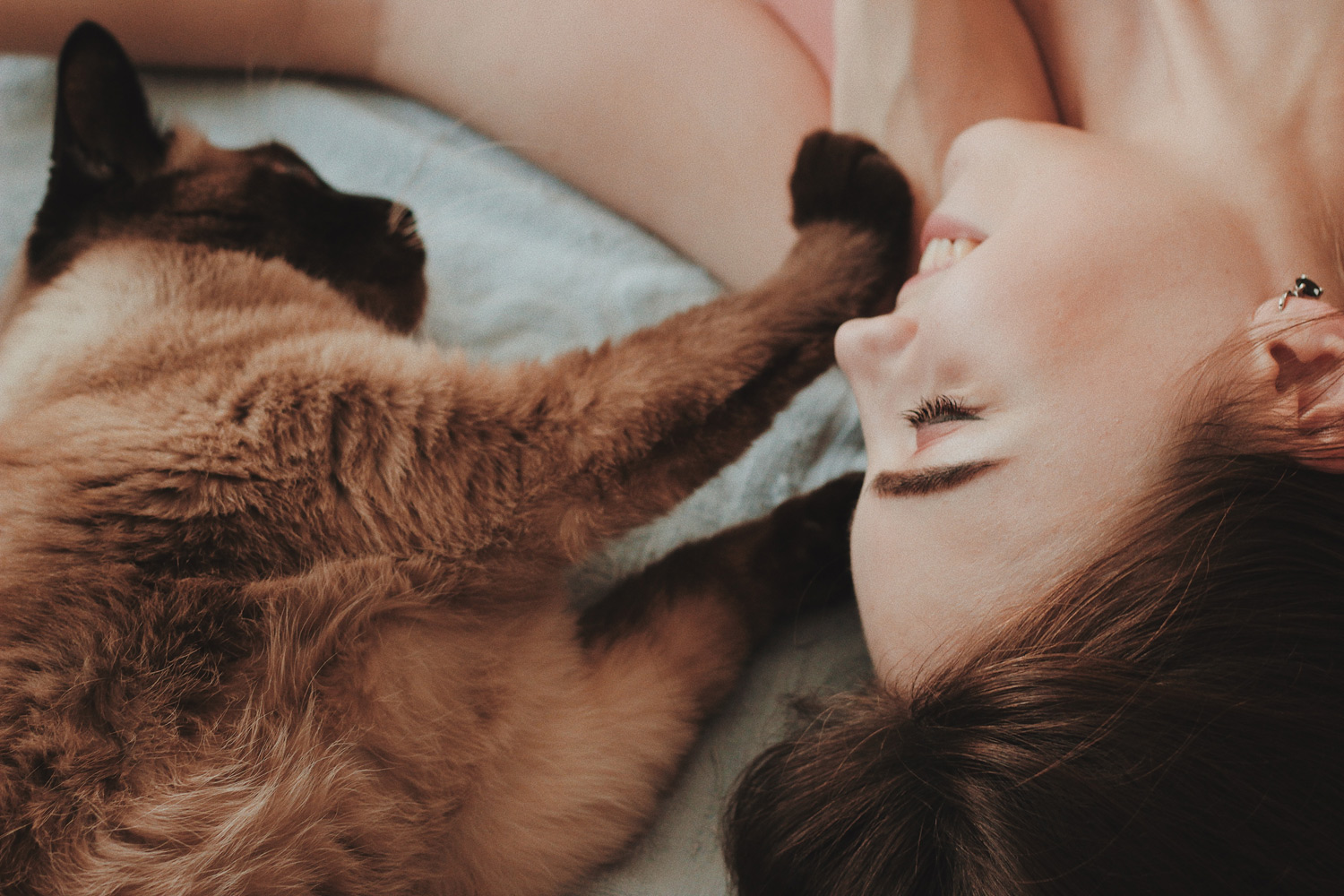In the realm of feline behavior and psychology, there’s an intriguing question that has captured the curiosity of cat owners worldwide: Can cats truly sense human emotions? In this comprehensive exploration, we delve into the intricacies of feline perception and emotional intelligence, shedding light on whether your furry friend can actually pick up on your moods and emotions.
The Connection Between Cats and Humans
Cats have shared our homes and hearts for millennia. While their mysterious nature often shrouds their behavior in secrecy, the bond between humans and cats is undeniable. But can they actually perceive our emotions?
The Power of Observation
Cats are astute observers of their environment, relying heavily on their senses. Their acute hearing and keen sense of smell make them highly attuned to changes in their surroundings, including the emotional atmosphere of their human companions.
One way in which cats may pick up on human emotions is through body language and non-verbal cues. When you’re sad or stressed, your posture, facial expressions, and even your scent can change. Cats, with their sharp senses, are quick to notice these alterations. While it’s tempting to attribute empathy to our feline friends, it’s essential to consider the evolutionary perspective. Cats, as natural hunters, have developed a keen survival instinct. They may react to your emotions not out of empathy, but as a response to changes in their environment.
Research and Studies
To gain a deeper understanding of this phenomenon, researchers have conducted various studies exploring the connection between cats and human emotions. These studies often involve observing feline behavior in response to human emotional displays.
The ‘Still Face’ Experiment
One notable experiment involved a variation of the “still face” experiment, typically conducted with human infants. In this feline adaptation, researchers maintained a neutral facial expression while interacting with their cats. The findings suggested that cats did indeed react to the emotional disconnect, displaying signs of confusion or concern.
Purring as a Soothing Mechanism
Cats’ purring has long been associated with relaxation and contentment. Interestingly, some research suggests that cats may increase their purring in response to a sad or stressed human, possibly as a means of providing comfort.
The Heart Rate Connection
Another fascinating aspect of the feline-human connection is the potential impact on heart rate. Studies have shown that spending quality time with your cat can lead to a reduction in stress and anxiety, which, in turn, can positively affect your emotional state.
In the complex world of feline behavior and psychology, the question of whether cats can sense human emotions remains open to interpretation. While scientific research provides intriguing insights, the true depth of the feline-human connection may always carry an element of mystery.
As cat owners, our primary focus should be on nurturing the bond we share with our beloved feline companions. Whether they sense our emotions through empathy or survival instinct, what matters most after all is the joy they bring into our lives.
So those cat kisses and gentle paws to the face? We vote yes – they’re showing us love when we need it. Wouldn’t you agree?
The PawPaw Team

